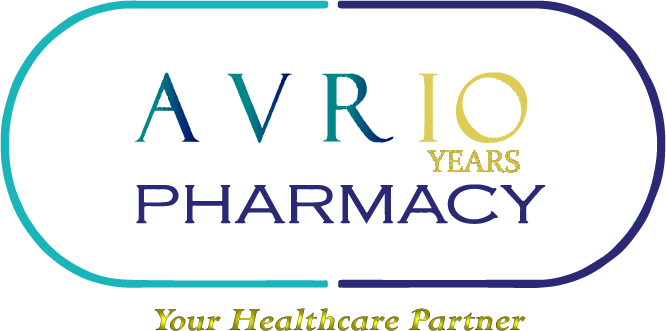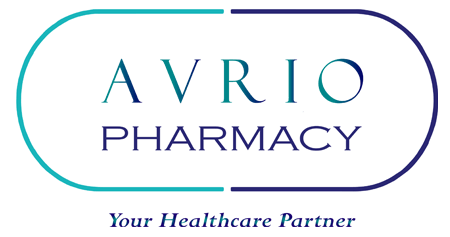Progesterone’s Role in Fertility Treatment

For many women suffering from infertility issues or recumbent miscarriages, a lack of progesterone can sometimes play a role. Progesterone is a hormone that is naturally produced and released by a structure formed by an ovarian follicle after its egg is released called the corpus luteum. Progesterone is also produced by the adrenal glands, ovaries, and placenta during pregnancy, although in lower quantities.
What Does Progesterone Do?
When ovulation occurs, progesterone is released by the body to prepare the endometrium (the lining of the uterus) for pregnancy. If the egg does not become fertilized, then the body reduces the amount of progesterone being produced, triggering the start of another menstrual cycle.
If the egg does become fertilized, then the corpus luteum continues to produce progesterone in order to supply the placenta and to help prevent pregnancy loss. After about eight to ten weeks, the placenta will start producing its own progesterone.
In situations where a patient is receiving in vitro fertilization treatments, the medications used in the process can sometimes interfere with the production of progesterone by the ovaries. As a result, progesterone supplements may be prescribed to help bring the hormone levels back to normal.
Different Types of Progesterone Supplements
There are a variety of different types of progesterone supplements that a doctor and patient can consider, including:
• Vaginal cream or gel
• Vaginal suppository
• Intramuscular injections
Choosing between an injection or an intravaginal application is generally determined by a combination of the patient’s preference and the doctor’s recommendation.
If the patient chooses the intramuscular injection, however, then there is one additional factor that may need to be considered, and that is the type of oil that is used to make the injectable compound. The most common oils used in progesterone injections include olive oil, sesame oil, peanut and cottonseed oils, and ethyl oleate.
Olive oil is a common additive because it allows for the progesterone to be easily absorbed into the muscle. However, because olive oil is a thick substance, using it requires a thicker needle, and this can be intimidating to some patients.
Sesame and cottonseed oils are thinner than olive oil, and the body can absorb each variety easily, but there is a higher risk of an allergic reaction occurring. Peanut oil is one of the least common because it too comes with a higher potential for allergy risks, and it is also a very thick oil that requires a thicker needle.
Of all the oils used, ethyl oleate is the thinnest, so it requires the thinnest gauge needle. Ethyl oleate is a fatty acid that is naturally produced in the body, so it is easily absorbed and carries a low risk of allergic reaction.
Possible Side Effects of Progesterone
Progesterone is usually well tolerated and produces few if any side effects, especially when using vaginal cream, gel, or suppositories. The most commonly reported side effect of using these applications is vaginal discharge or irritation.
The most common side effects associated with the injectable form of progesterone can include pain, swelling, and/or bruising at the injection site. Other potential side effects can include:
• Headache
• Hot flashes
• Constipation
• Bloating
• Breast tenderness
• Drowsiness
• Dizziness
• Fluid retention
Which Progesterone Supplement Is Best?
Progesterone plays an integral role in a healthy pregnancy. If you are receiving IVF treatments and need a progesterone supplement to help increase your hormone levels, then talk to your health care provider about your options to determine which formulation will work best for you. Every patient is unique, and no single formulation is better than the others, so your choice essentially comes down to preference.
Sources:
https://www.growinggenerations.com/resources-for-surrogates/progesterone-a-look-at-the-oils/
https://www.uranj.com/blog/role-of-progesterone-in-infertility-treatments
https://fcionline.com/fertility-blog/ask-the-doctor-10-questions-about-progesterone-supplements/
https://resolve.org/infertility-101/the-female-body/progesterone-pregnancy-vital-connection/
https://www.reproductivefacts.org/news-and-publications/patient-fact-sheets-and-booklets/documents/fact-sheets-and-info-booklets/progesterone-supplementation-during-in-vitro-fertilization-ivf-cycles/

